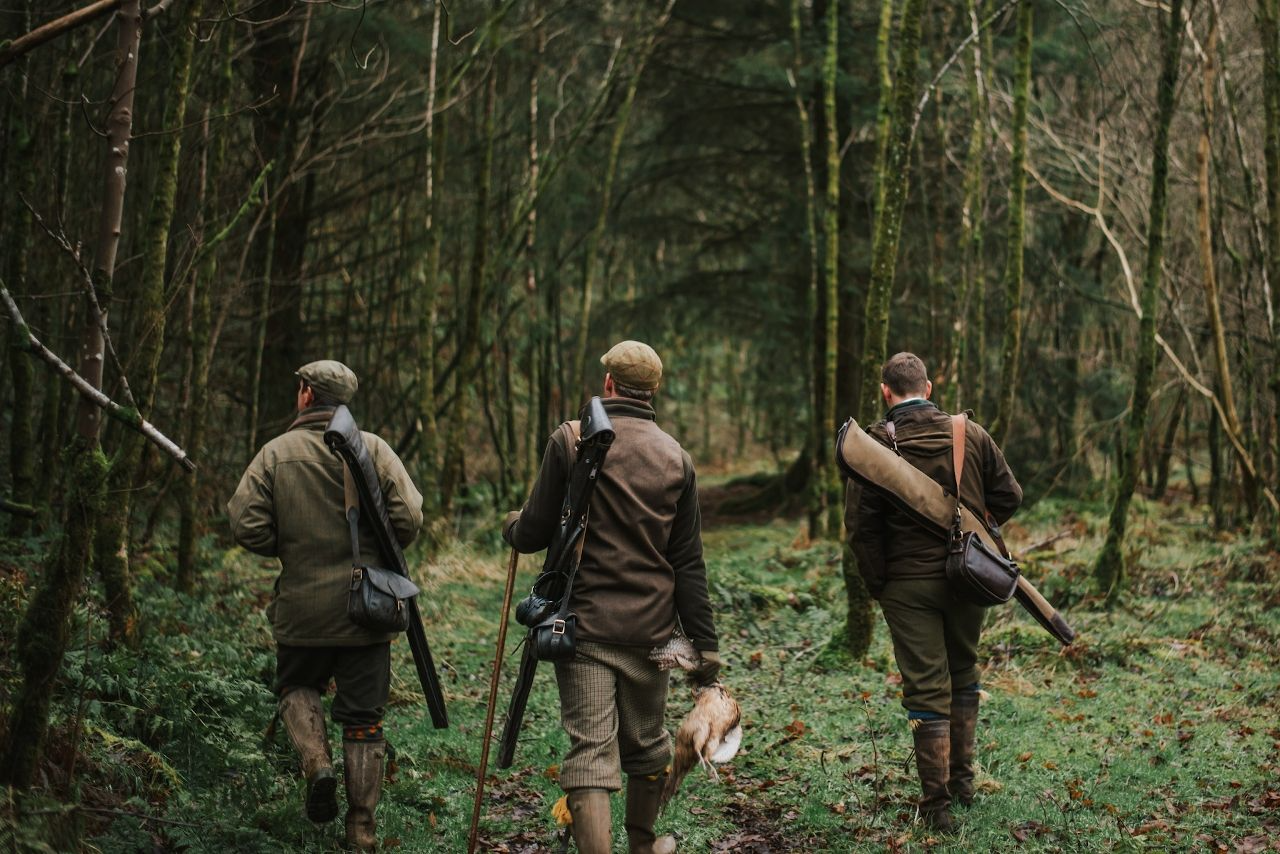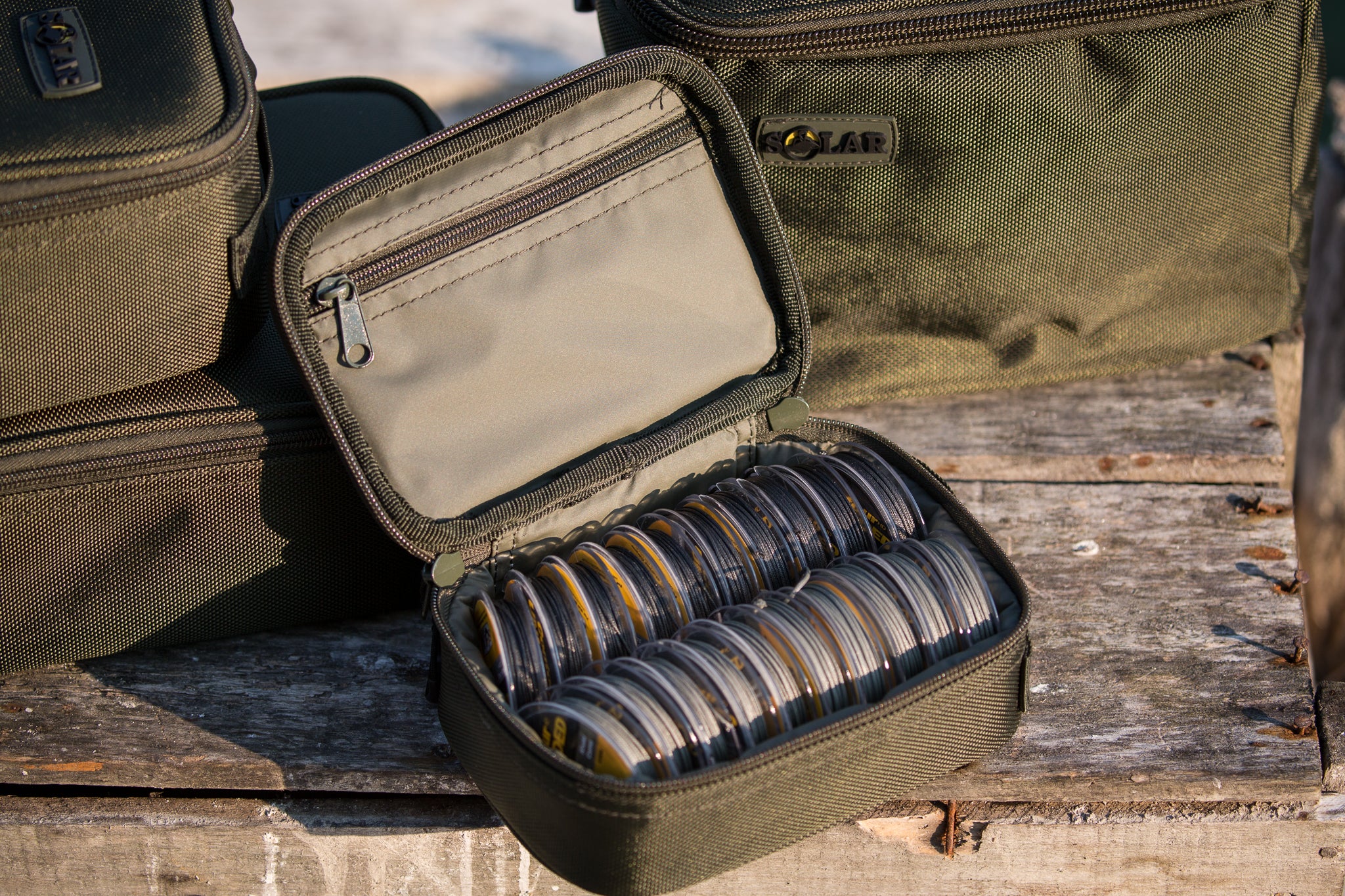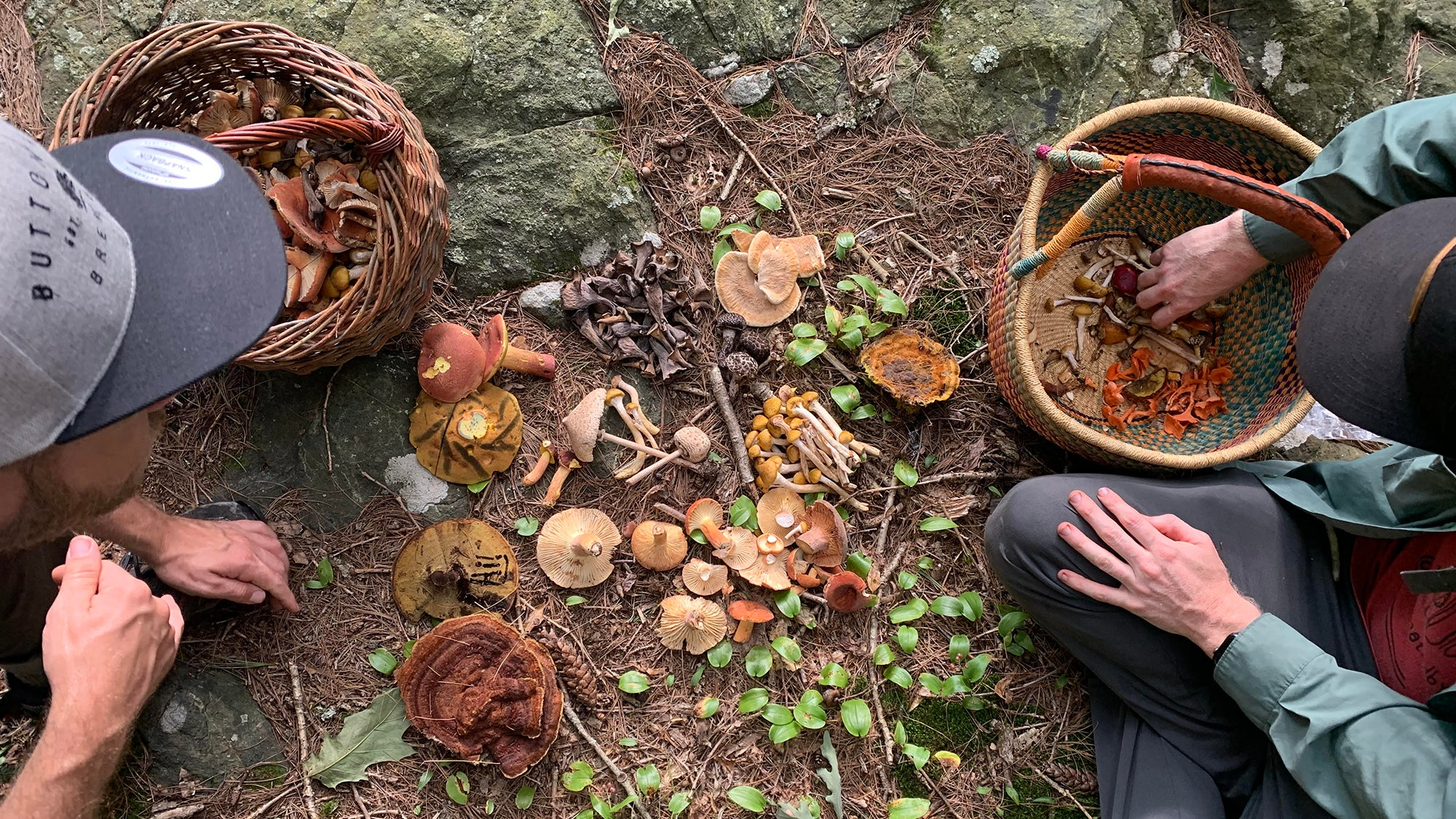Solo Camping: Safety Tips for Going Alone
Solo camping is one of the most rewarding ways to connect with nature. The silence, independence, and self-reliance can be empowering—but going into the wilderness alone comes with unique risks. Whether you’re a seasoned adventurer or planning your first solo trip, following these safety guidelines will help you enjoy the freedom while staying secure.
Solo Camping: Safety Tips for Going Alone
1. Research Your Location Thoroughly
Before heading out, learn everything you can about your camping spot:
-
Weather conditions
-
Terrain difficulty
-
Wildlife activity
-
Nearest ranger stations or emergency services
Pro tip: Stick to well-marked trails and established campsites for your first few solo trips.

2. Share Your Itinerary
Always tell a trusted friend or family member where you’re going and when you’ll return. Provide them with:
-
Route details
-
Campsite coordinates
-
Expected check-in times
If you don’t return as scheduled, they’ll know when to alert authorities.
3. Pack Essential Safety Gear
Solo campers need to be self-sufficient. Your kit should include:
-
First aid kit
-
Map and compass (and knowledge of how to use them)
-
Flashlight or headlamp with extra batteries
-
Water purification system
-
Fire starter tools
-
Emergency whistle and signal mirror
-
Multi-tool or knife
Bonus: A personal locator beacon (PLB) or GPS messenger can be life-saving in areas with no cell service.
4. Practice Fire and Food Safety
-
Store food in bear-proof containers or hang it from a tree when in wildlife areas.
-
Never leave campfires unattended.
-
Keep cooking and sleeping areas separate to avoid attracting animals.
5. Stay Aware of Your Surroundings
Trust your instincts. If something feels off—a noise, a trail, or even weather—don’t ignore it.
-
Learn to recognize animal tracks and signs.
-
Regularly scan the area for potential hazards like falling branches, unstable rocks, or rising water.
6. Know Your Limits
Solo camping isn’t the time to push extreme boundaries. Avoid overly strenuous hikes or unfamiliar terrain. Stick to your experience level and build up over time.
7. Mental Preparedness
Being alone in the wild can feel intimidating at night. Prepare yourself mentally for solitude. Bring a journal, book, or light hobby to stay calm and grounded.

Final Thoughts
Solo camping can be transformative, offering peace and confidence that group trips can’t always provide. By preparing carefully and respecting nature’s challenges, you can enjoy the independence without compromising safety.























